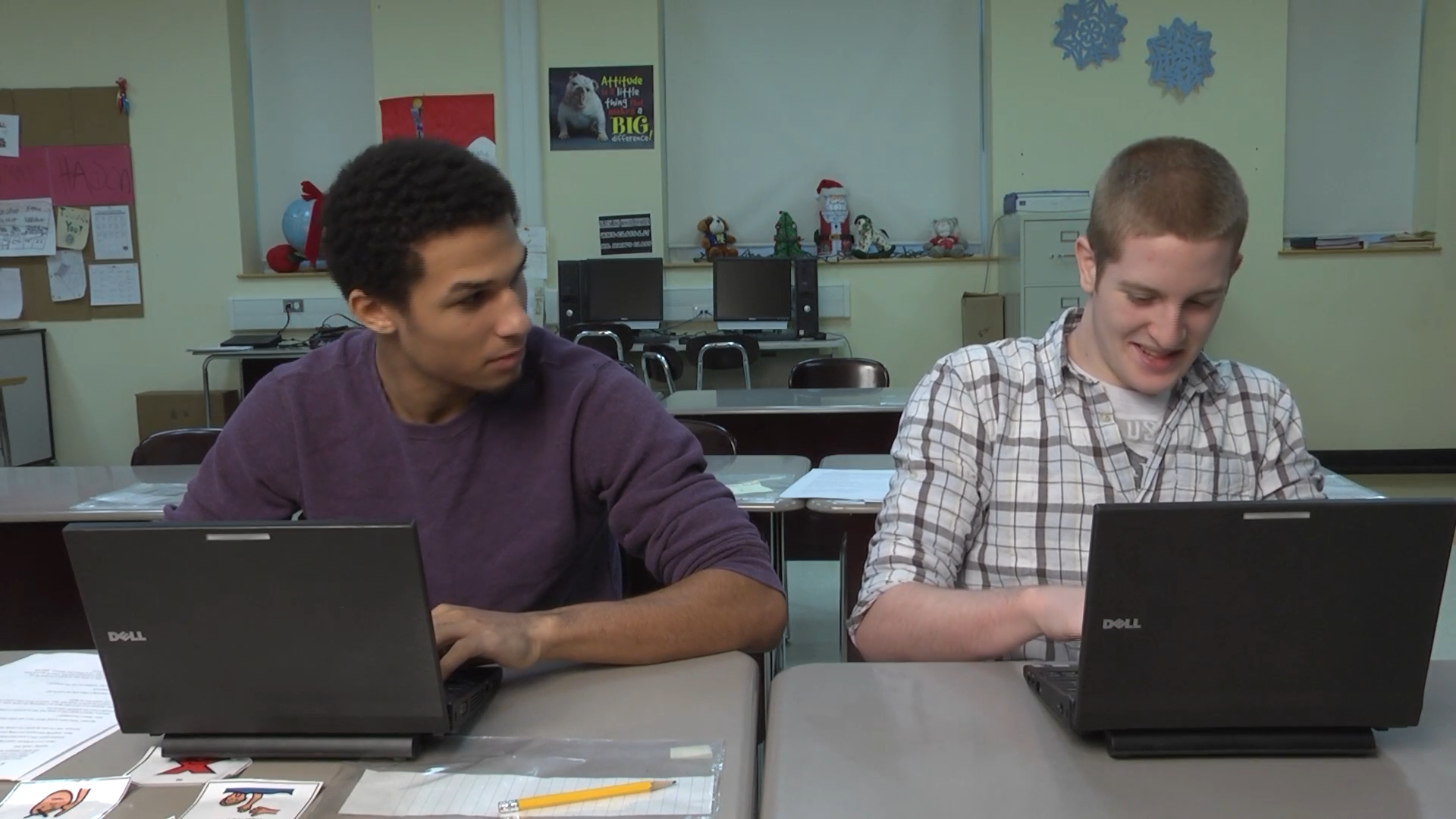
Introduction
Every place we go has different social rules that help us figure out how to behave. These rules are essential for students to learn, especially those in special education programs. Understanding social rules enables students to adapt their behavior according to the environment and interact with others more effectively. This blog post will provide an overview of teaching social rules, a no-prep activity, discussion questions, related skills, and next steps for educators to explore further resources.
No-Prep Activity: Role-Playing Scenarios
A great way to teach social rules without requiring any preparation or materials is through role-playing scenarios. In this activity, the educator will provide students with different situations that require them to identify and follow the appropriate social rules. For example:
- Scenario 1: Students are in a library, and one student starts talking loudly on their phone.
- Scenario 2: Students are in the cafeteria, and one student tries to cut in line.
- Scenario 3: Students are in a school assembly, and one student starts dancing in the middle of a presentation.
Have the students act out each scenario, first demonstrating the incorrect behavior, and then correcting it by following the appropriate social rules. Encourage the students to discuss the rules they need to follow in each situation and why it is important to adapt their behavior accordingly.
Discussion Questions
After the role-playing activity, stimulate further discussion with the following questions:
- Why is it important to follow social rules in different environments?
- How can observing others help us learn the social rules of a new environment?
- What are some examples of social rules that apply in various settings, such as school, home, and public places?
- How can following social rules help us build better relationships with others?
- What challenges might students in special education face when learning social rules, and how can educators support them?
Related Skills
Teaching social rules is just one aspect of helping students develop their social-emotional skills. Other related skills that educators can focus on include:
- Empathy: Understanding and sharing the feelings of others.
- Active listening: Paying full attention to the speaker, asking questions, and providing feedback.
- Nonverbal communication: Interpreting and responding to body language, facial expressions, and tone of voice.
- Conflict resolution: Resolving disagreements and finding solutions that satisfy all parties involved.
- Self-awareness: Recognizing one’s own emotions, strengths, and areas for growth.
Next Steps
By teaching social rules and related skills, educators can help students in special education navigate various environments more effectively and build positive relationships with others. To further support your students’ social-emotional learning, sign up for free samples of skill-building activities and other resources at Everyday Speech. These materials can provide valuable tools and insights to enhance your teaching strategies and promote your students’ overall well-being.

